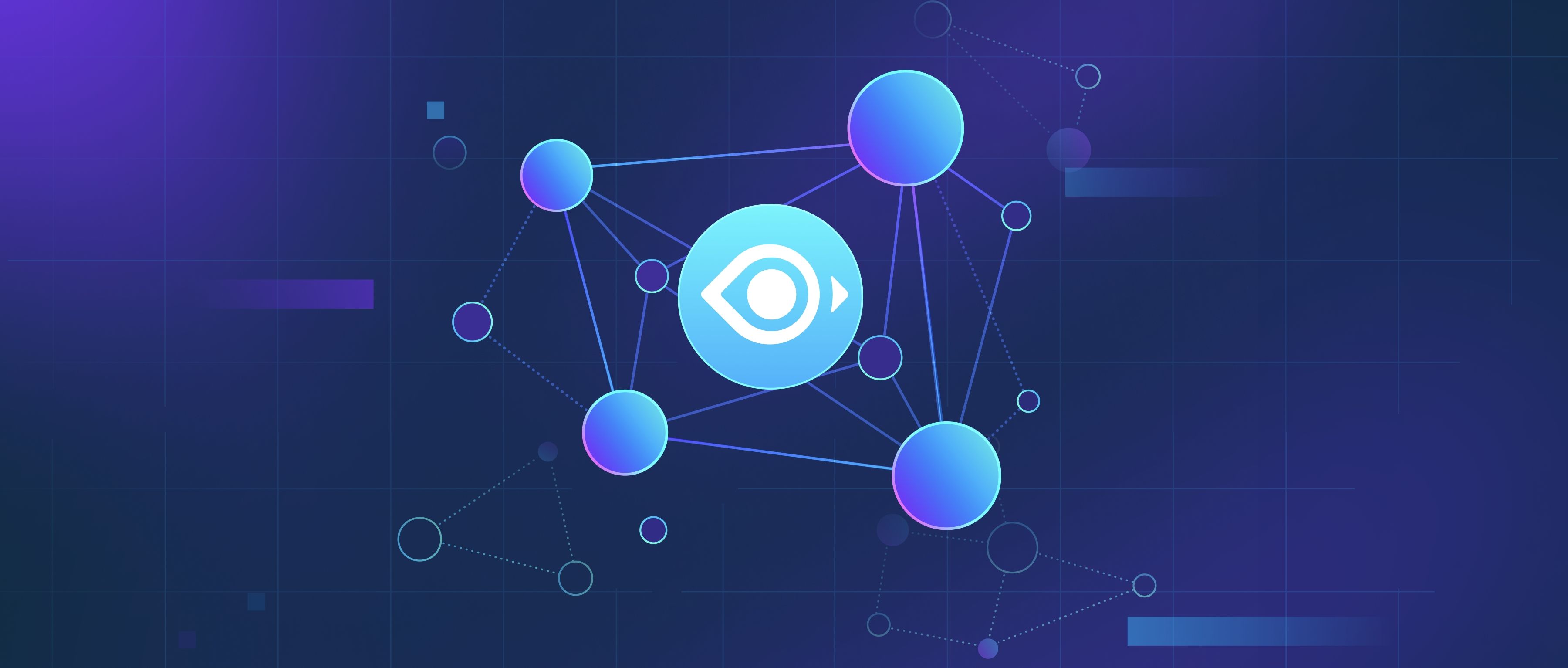Swarm intelligence is a collective behavior mechanism that groups organisms or agents together to solve complex optimization problems. It is based on the idea that simple individual rules can lead to sophisticated group behavior. In optimization contexts, swarm intelligence utilizes multiple agents (or "swarm members") that explore the solution space simultaneously. These agents share information about their experiences, guiding each other towards better solutions over time.
One popular example of swarm intelligence in optimization is Particle Swarm Optimization (PSO). In PSO, each particle represents a potential solution to the optimization problem. Particles move through the solution space based on their own best-known position and the best-known position among their neighbors. As particles share information regarding their positions and the quality of their solutions, they adjust their movement patterns to converge towards optimal solutions progressively. This simultaneous exploration allows for a dynamic search process, which is often more efficient than individual optimization methods that explore sequentially.
Another example is Ant Colony Optimization (ACO), inspired by the foraging behavior of ants. In ACO, virtual ants traverse paths in search of optimal routes, laying down pheromones (which represent solution quality) as they explore. As more ants follow successful paths, the pheromone levels increase, making these routes more attractive to other ants. Over time, this collective decision-making leads to the emergence of an optimal or near-optimal solution. Both PSO and ACO demonstrate how swarm intelligence can effectively tackle optimization challenges through collective behavior, allowing for flexible and adaptive problem-solving approaches that can often outperform traditional single-agent methods.
